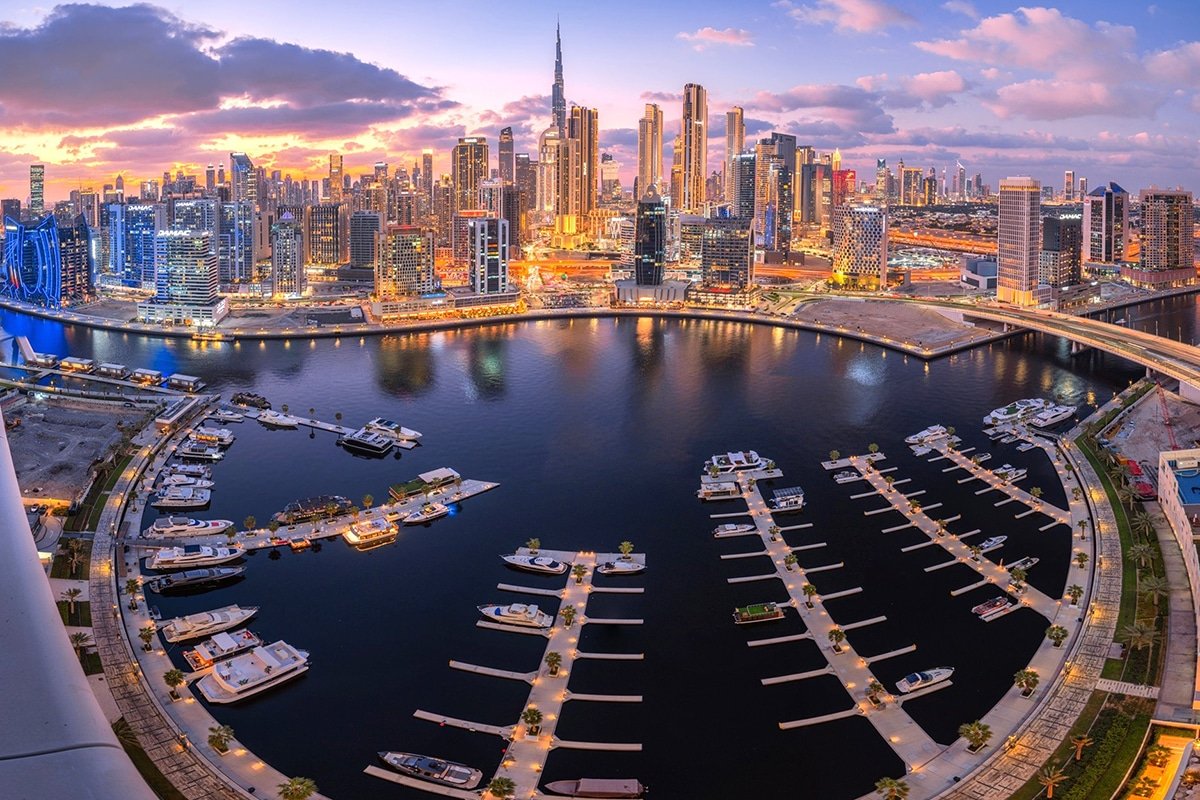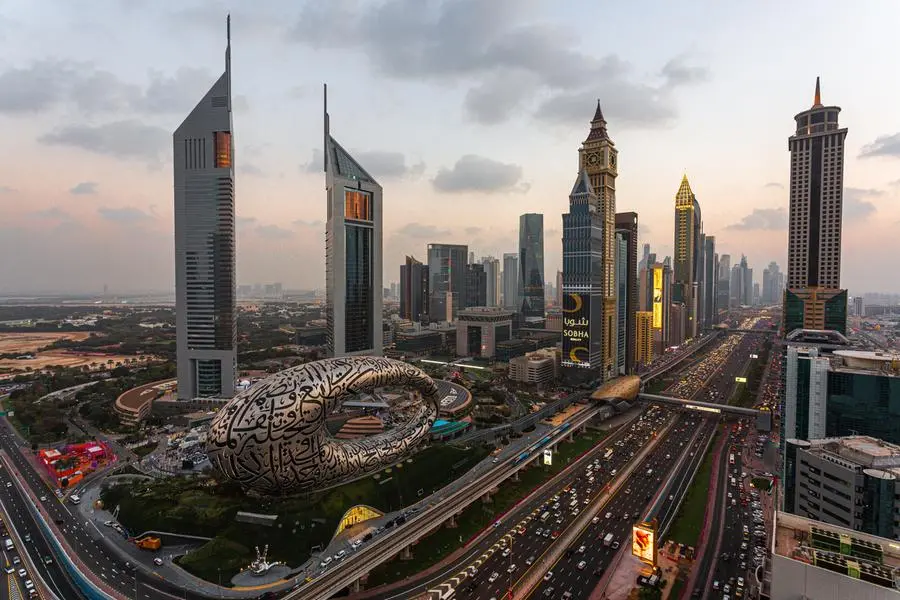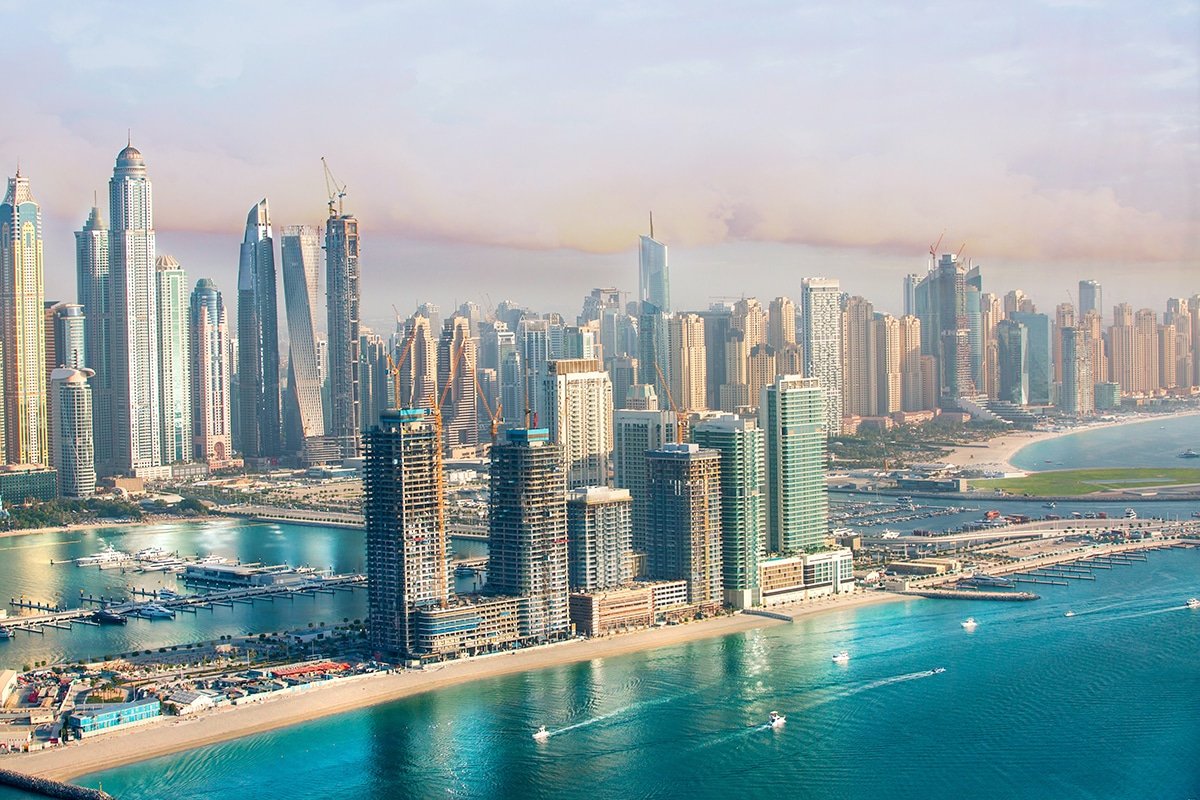Now Reading: How International Trade Relations Influence Real Estate Demand
-
01
How International Trade Relations Influence Real Estate Demand
How International Trade Relations Influence Real Estate Demand

International trade relations and real estate demand are closely linked, particularly in a global business hub like the UAE. As one of the world’s leading centers for commerce, tourism, and finance, the UAE’s property market responds directly to economic policies, foreign trade agreements, and global investment trends. Strong international trade relations attract foreign investors, boost economic confidence, and often create a ripple effect that drives demand for residential, commercial, and industrial properties.
Trade Relations and Economic Growth
International trade agreements facilitate cross-border business activities, which in turn drive economic expansion. A robust trade environment increases the inflow of foreign capital, stimulates job creation, and strengthens business confidence. These factors directly impact real estate demand:
- Residential Sector: Foreign professionals and expatriates moving for business opportunities increase demand for housing.
- Commercial Sector: Companies expanding operations need office spaces, warehouses, and retail outlets.
- Industrial Sector: Increased trade stimulates logistics and manufacturing facilities, particularly in free zones and industrial hubs.
For example, trade partnerships between the UAE and countries in Asia, Europe, and North America have historically boosted investor confidence, resulting in higher property purchases and developments.
Impact on Residential Real Estate
Attracting Foreign Buyers
Foreign trade relations create pathways for international investors to enter the UAE real estate market. Buyers often seek residential properties in key business districts or luxury developments with strong ROI potential.
Increased Expatriate Population
Trade-driven business growth attracts skilled workers and executives, increasing demand for rental properties, serviced apartments, and upscale villas.
Price Stabilization and Growth
A strong economy supported by international trade tends to stabilize property prices and, in some cases, generate steady appreciation, making real estate a more attractive investment.
Commercial and Office Spaces
Expansion of Global Businesses
Trade agreements and favorable business relations encourage multinational corporations to establish regional offices in Dubai, Abu Dhabi, and Sharjah. This leads to higher demand for office spaces, co-working environments, and corporate real estate solutions.
Free Zones and Trade Hubs
The UAE’s free zones, such as Jebel Ali Free Zone and Dubai Multi Commodities Centre, thrive on international trade. Real estate developments in these areas often see increased leasing activity due to businesses seeking proximity to trade infrastructure.
Industrial and Logistics Real Estate

Warehousing and Distribution
Trade growth boosts demand for warehousing, distribution centers, and logistics parks. Companies involved in import/export activities require strategically located properties, particularly near ports, airports, and highways.
Investment in Infrastructure
Bilateral trade agreements often prompt infrastructure investments, which create real estate opportunities around transport hubs, industrial parks, and mixed-use developments.
Case Studies in the UAE
Dubai
- Expo 2020 Legacy: Strengthened international trade ties attracted investors from Europe, Asia, and the Middle East, driving demand for residential and commercial real estate.
- Dubai South and JAFZA: Trade-related industrial projects have increased leasing and property development activity.
Abu Dhabi
- Khalifa Industrial Zone: Partnerships with foreign companies have boosted industrial property demand.
- Central Business District Developments: Office towers and mixed-use properties have attracted corporate tenants due to trade and investment confidence.
Long-Term Implications
- Sustained Investment Flows: Strong trade relations encourage long-term property investments.
- Global Buyer Confidence: International agreements signal stability, attracting high-net-worth individuals.
- Economic Resilience: Trade diversification helps real estate remain resilient against local market fluctuations.
- Urban Development: Rising demand encourages planners to design integrated residential, commercial, and industrial communities.
Conclusion
The link between international trade relations and real estate demand is evident in the UAE’s thriving property market. By fostering economic growth, attracting foreign investment, and increasing the expatriate population, trade agreements directly influence residential, commercial, and industrial real estate. For investors and developers, understanding global trade dynamics is crucial to identifying emerging opportunities and positioning properties in areas with strong growth potential. As the UAE continues to strengthen its international trade ties, the real estate sector is likely to see sustained demand, higher property values, and continued innovation in development strategies.
Follow us on: Instagram
Read More :The Role of Property Staging in Boosting Sales Prices






















